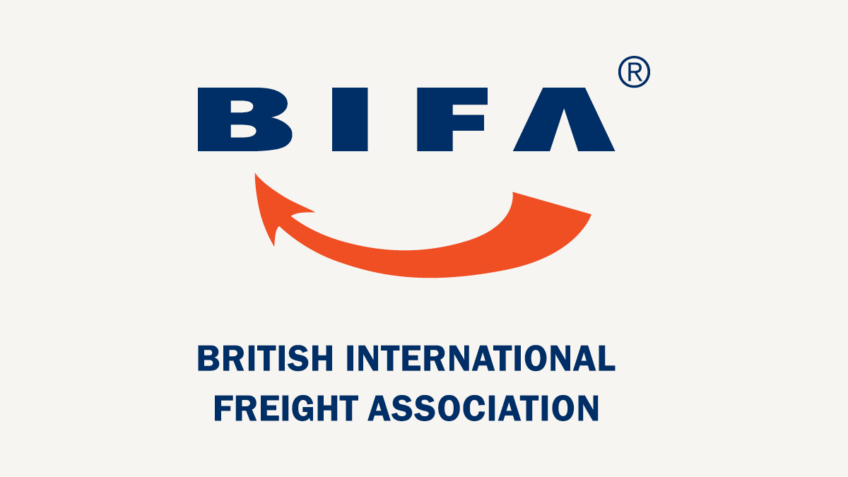BIFA is led to believe that Carriers release any Full Container Load (FCL) cargo, manifested as Express Bill of Lading or Sea Waybill, automatically to their terminals and as most FCL Consignees customs clear these containers in advance of arrival, terminals will already have the customs release. As a result of this the Canadian import forwarder can no longer control the release of containers to the ultimate consignee.
When FCL cargo is sent to Canada on a carrier’s Express BL, due to the previously described situation the Canadian import freight forwarder will not be able to “HOLD” the release of the container to the ultimate consignee. As a result, containers where the Canadian agent is expected to secure the sending agents original HBL can be released to the consignee without the agent’s knowledge or control. Consequently, the Canadian agent is unable to secure any charges from the consignee.
It is understood that some Canadian agents have advised that FCL cargo consigned to them should now move on a carriers Original Bill of Lading with an original sent to them to surrender to the carrier in Canada to obtain release of the container. As one agent succinctly put it “FCL cargo can no longer move on Express BL’s.”
Some Canadian agents are advising that they are unable to accept any liability on the release of cargo moving on Express BL’s. BIFA’s current guidance to Members is to check with your Canadian agents regarding this situation.
